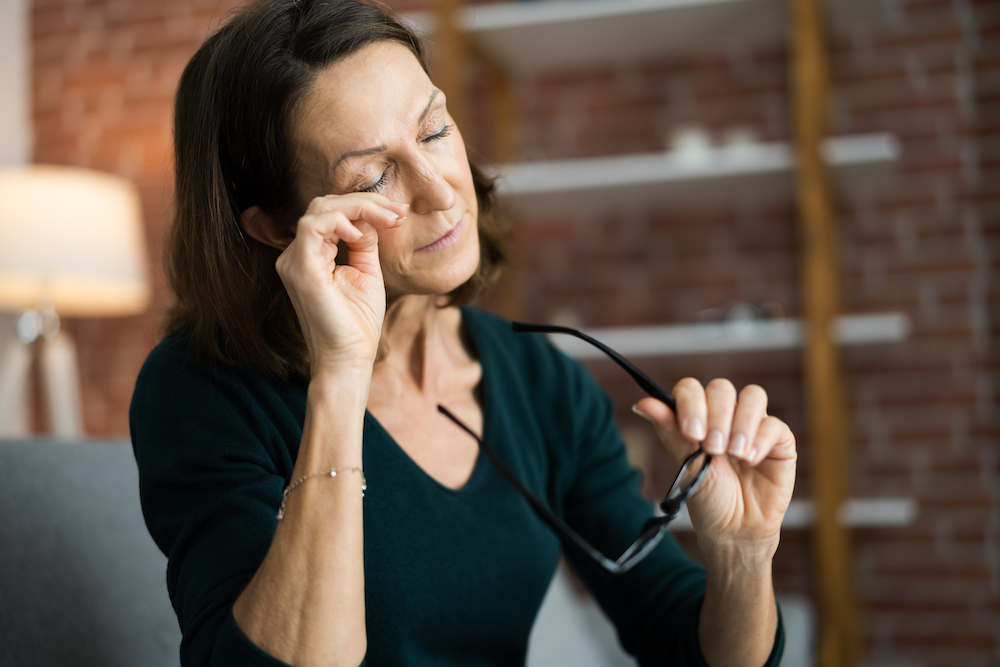
Dry eye disease is a persistent complaint. An estimated 16 million adults in the United States have been diagnosed with this chronic condition. But did you know that dry eyes are affecting more people now since the pandemic?
Your tear glands produce watery liquid to keep eyes moist, so dry eyes occur when this process isn't functioning well. It could be that your glands aren't making enough tears or the tears produced aren't simply working well enough to keep your eyes lubricated. Another reason could be that your tears evaporate too fast, which can be caused by wearing an ill-fitting face mask. Regardless of the reasons why your eyes are red, feel scratchy, blurred, or sensitive to light, there are steps you can take to prevent dry eyes. You should:
Pay Attention to Your Environment
Studies show that where you live can increase your risk of developing dry eyes. If you're living in a major city where air pollution is high, you may be more likely to suffer from dry eye symptoms than those who are located in areas with less air pollution.
Experts suggest that you invest in a high-quality air filter to clean the air circulating through your heating and cooling system at home. Also, if you live in a dry climate, using a humidifier can help add moisture to dry air. Limit direct exposure to fans and hair dryers as they can make your eyes dry. Similarly, if you're usually in a windy area, don't forget to wear a pair of wraparound eyewear. This way, you avoid having the wind blow straight into your eyes and dry them out.
Stick to a Healthy Lifestyle
Do you smoke? Are you usually around someone who smokes? You already know the good health reasons you should quit cigarette smoking or limit your exposure to secondhand smoke. This habit has been linked to an increased risk of developing heart disease, stroke, and lung cancer. But did you know that smoke can also irritate your dry eyes? Research shows it can make you more susceptible to cataracts and macular degeneration.
Another way to prevent dry eyes is by supplementing your diet with omega-3 fatty acids. You can also find these fats in flax seeds and oily fish such as Atlantic mackerel, bluefin tuna, sardines, salmon, and anchovies. Watching television, reading, or working at a computer can also cause dry eyes. Since you don't blink as usual when doing any of these activities, you need to take frequent breaks in between. You have to rest your eyes often and blink to help your eyes recover the moisture they've lost.
Improve the Quality of Your Tears
One way to do this is by caring for your eyelids. Just wash your hands thoroughly, close your eyes, and place a warm compress on them. This will help release the oil in your eyelids' glands. You may put the washcloth back in the bowl of warm water every 10 to 15 seconds. Repeat the process for about five minutes. Another option is to use artificial tears, which you can buy over the counter. Lubricating gels are also an excellent alternative. Since they're thicker and cause blurry vision, they're best used at bedtime.
The health of your eyes is important to us. At Advanced Eyecare Consultants, we can assess the performance of your eyelid glands and recommend treatment. For more on preventing dry eyes, call Advanced Eyecare Consultants in Libertyville, Illinois (847) 994-4500 or Lake Zurich, Illinois (847) 438-7700.








